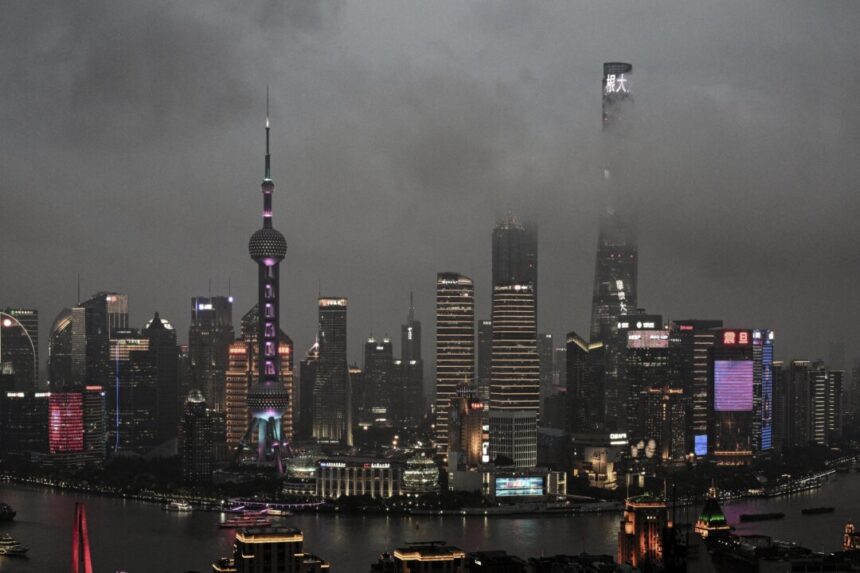The clash between the CCP’s visions and economic realities in China and its trade partners is evident. China’s economy is grappling with a prolonged domestic economic crisis, particularly in the real estate sector, which is impacting the financial industry and overall demand. The country is facing weak consumption, falling income, negative consumer sentiment, and high unemployment rates, posing significant challenges.
In response, the CCP is focusing on boosting high-tech industries like renewable energy, artificial intelligence, and chip-making to drive economic growth through exports. While this strategy has shown some success, particularly in trade surplus figures, challenges remain. For instance, Chinese solar manufacturers engaging in price wars to capture market share are facing overcapacity issues that threaten profitability.
Moreover, trading partners like the EU and the US are pushing back against China’s high-tech export efforts, leading to trade tensions and potential trade wars. The ongoing competition in high-tech exports reflects China’s ambitions outlined in the “Made in China 2025” policy, which aimed to establish the country as a global high-tech hub. Despite initial negative reactions, the policy remains a key part of China’s industrial strategy, highlighting the CCP’s prioritization of control and power over economic well-being.
Overall, the CCP faces a balancing act between promoting economic growth, ensuring stability, and consolidating power. The current economic slowdown in China’s domestic market is also impacting Western companies, underscoring the interconnectedness of the global economy and the complexities of China’s economic landscape. The Chinese Communist Party (CCP) faces a number of challenges that could impact its stability and global influence. Domestically, as the economy struggles and unrest grows, there are increasing protests against Xi Jinping’s authoritarian rule. This discontent could escalate if economic conditions worsen.
Internationally, anti-China sentiment is on the rise in Europe, the United States, and the Asia-Pacific region due to Beijing’s aggressive foreign policy and support for Russia’s actions in Ukraine. This has led to a decline in China’s soft power appeal and weakened relationships with trading partners and participants in the Belt and Road Initiative.
Despite these challenges, China remains a crucial manufacturing hub with a growing military presence. The CCP’s ability to maintain domestic stability may hinge on the success of its high-tech industrial sector in creating jobs and restoring confidence. Balancing economic growth with foreign policy decisions will continue to shape China’s global impact.
This article reflects the author’s opinions and not necessarily those of The Epoch Times.
Source link






